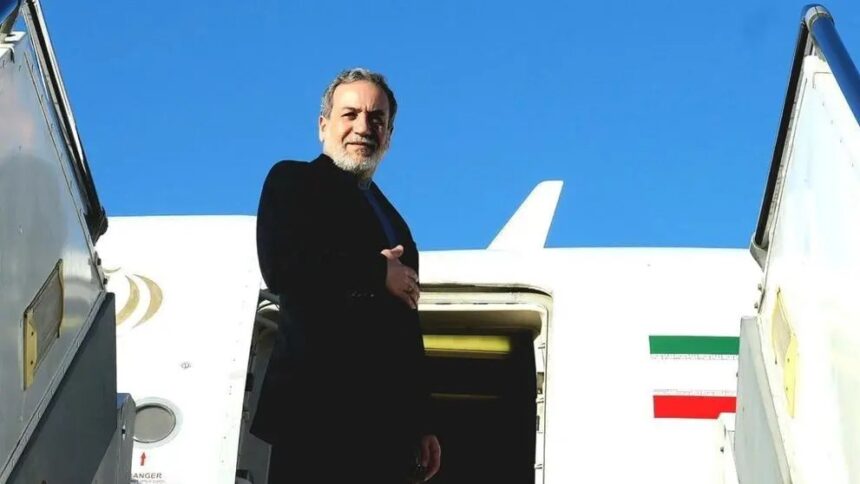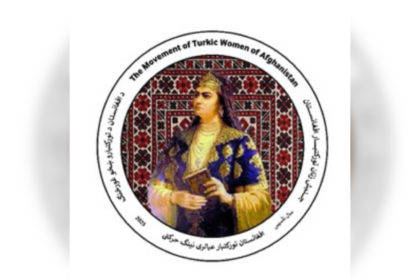RASC News Agency: Abbas Araghchi, the Foreign Minister of the Islamic Republic of Iran, arrived in Kabul on the morning of Sunday, January 26. Esmaeil Baghaei, spokesperson for Iran’s Foreign Ministry, wrote on X: “This visit could serve as a pivotal moment in utilizing the profound connections between the two nations to advance mutual interests.” However, critics from both nations contend that the relationship between the Islamic Republic and the Taliban is not a bond between “two nations with shared language and destiny” but rather an alliance between two ideologically aligned entities.
This marks Araghchi’s inaugural visit to Afghanistan as Iran’s Foreign Minister. Baghaei emphasized that the trip is part of Iran’s strategic approach to its neighborhood policy. He elaborated: “This visit is conducted within the framework of Iran’s foreign policy mandate to safeguard national interests through engagement and addressing mutual concerns and priorities.” Baghaei further disclosed that a delegation of economic experts is accompanying the Iranian Foreign Minister on this visit. Among the longstanding issues discussed between Iranian and Taliban officials are disputes over water rights, a contentious matter in bilateral relations. It is noteworthy that since the Taliban’s resurgence in Afghanistan, Iran has maintained cordial relations with the group and continues to provide consistent support.
During the two decades of Afghanistan’s republican era, Iranian officials, driven by hostility toward the United States, supported the Taliban against the Afghanistani people. The Taliban operated recruitment offices in Iranian cities such as Zahedan, Sistan, and Mashhad, utilizing Iranian and Pakistani territory to orchestrate terrorist activities against Afghanistan. Despite these ties, Iran and its citizens are fundamentally excluded from the Taliban’s ideological framework, which is rooted in “Afghanism/Pashtunwali and Islamic religious extremism.” This ideological divergence underscores the complexities and contradictions in the relationship between the two entities.






